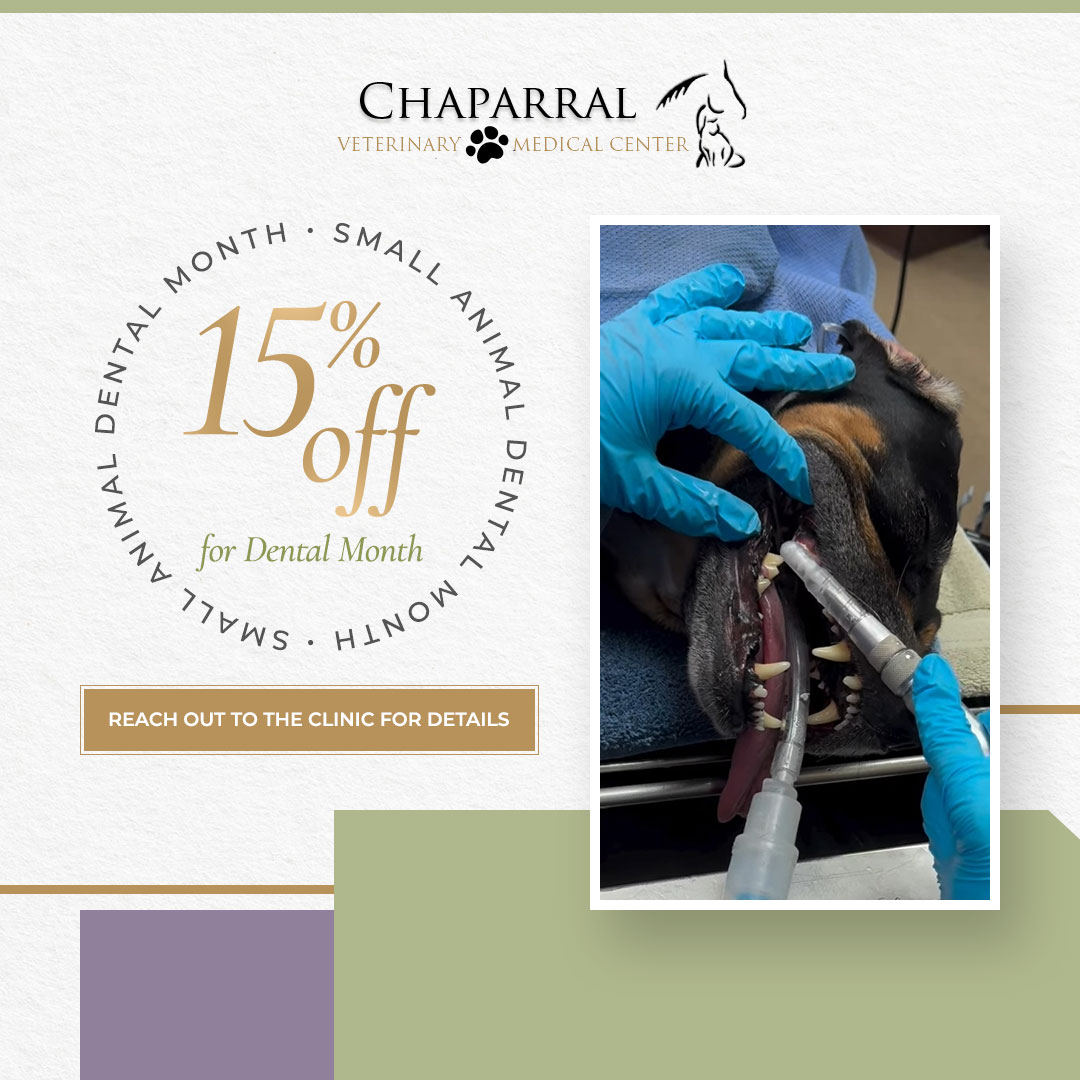Cave Creek, AZ 85331
Taking Care of a Senior Horse

As with humans, old age can be difficult for horses. As they get older, they are prone to respiratory issues and arthritis. Decades ago, most of these animals could not live to ripe old age due to hard labor. However, things are different nowadays since horses are primarily for competition or pleasure. They can live longer with lighter workloads, better nutrition, and special care.
Each horse is different, and the rate at which they age is not often directly linked to their years. Taking care of them at this time is quite essential. Employ some of these suggestions in making their aging process comfortable.
Frequent Exercise
Horses become less active as they get older, just like human beings. Their inactivity may stem from arthritis that limits their movements. Regular exercise within the animal’s limits keeps them happier and healthier. Note how quickly they tire, their body temperature, and fluid loss during exercise. Modulate the schedule and intensity of your horse’s workout sessions. Skip rides on hot days and opt for less intense work.
Diet
Consider changing your horse’s diet according to its age. Some animals find difficulty in absorbing nutrients from forage or feed. Some horses may also have underlying conditions including endocrine disorders and tooth wear.
Mix their daily forage with good hay and green grass. Forage contains enough calories for an old horse and aids in its intestinal function. Use supplements and concentrates. It adds minerals and vitamins to their diet. Have special dining arrangements to avoid common old horse issues such as choking.
Fresh Air
Both young and old horses enjoy breathing fresh air outside in the open. Keeping them inside the stables for long makes them inhale dust and various contaminants that build up in the enclosed area. Old horses are prone to respiratory issues like heaves that make them unable to move freely outdoors. To protect them from the effects of harsh weather, house them inside a run-in shed or a like shed.
Younger horses in a herd tend to bully the older, slower ones during feeding times. Keep an eye out for such behaviors or consider separating them from the rest.
Regular Vaccinations
Horses are more prone to infectious diseases as they get older. The case is the same even when the animal has preexisting immunity from vaccination or infection. Old age increases the possibility of your horse developing immunosenescence. The condition reduces the animal’s ability to create an immune response. This situation can be worse if your horse is already suffering the consequences of Cushing’s disease.
Equine vets recommend at least two annual vaccinations to deal with immune deficiencies in aging horses. Regular visits to your horse’s vet ensure that its immunity stays within protective levels. Get vaccines against equine influenza and West Nile virus for old animals that often mingle with others or compete.
Creating Awareness
The veterinary fraternity has set aside November to promote awareness of senior pets. During this time, you get information on all advancements in the field of animal care.
For more information on taking care of a senior horse, contact Chaparral Veterinary Medical Center at our Cave Creek, Arizona office. Call (480) 595-8600 to schedule an appointment today.













